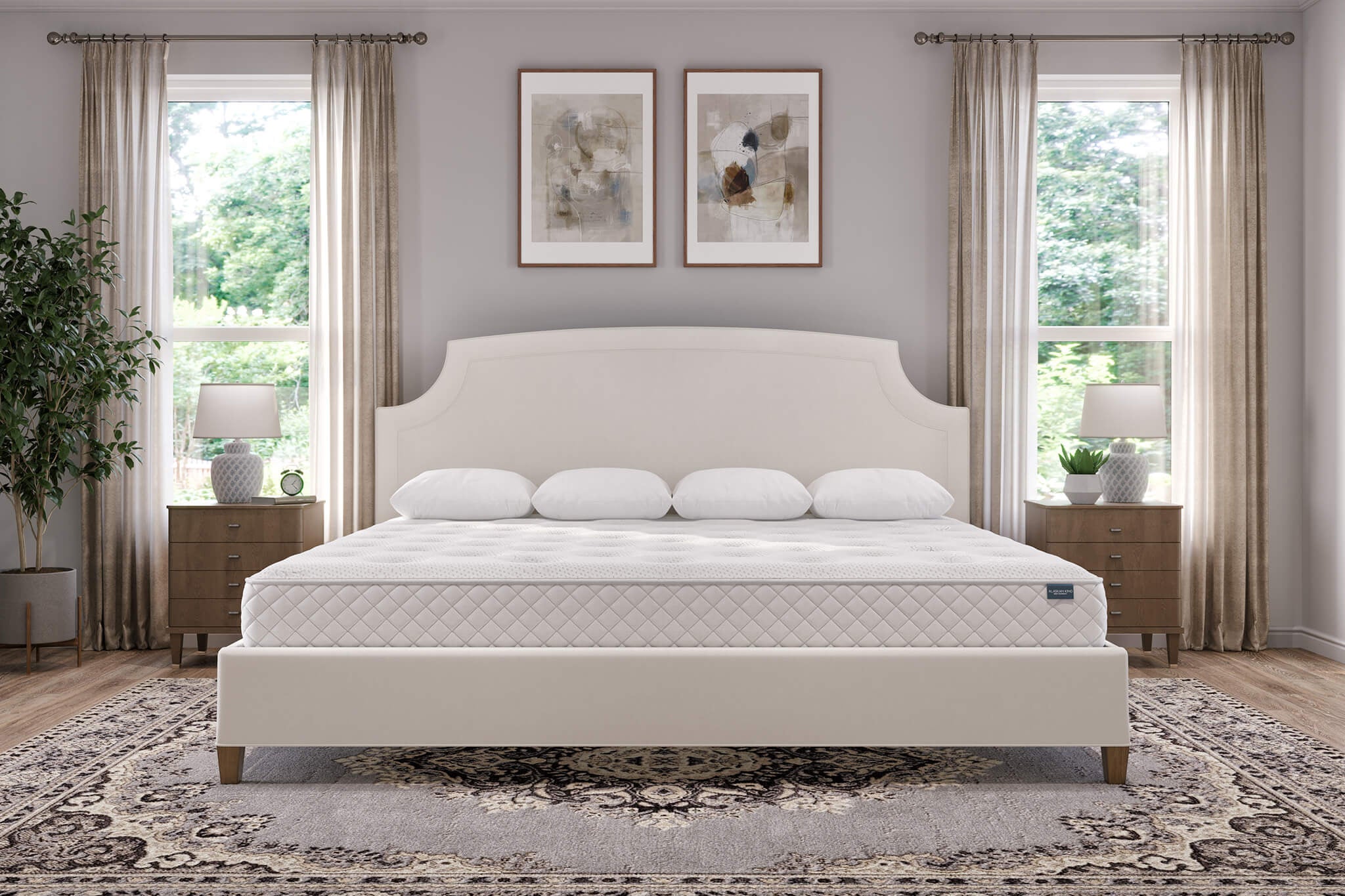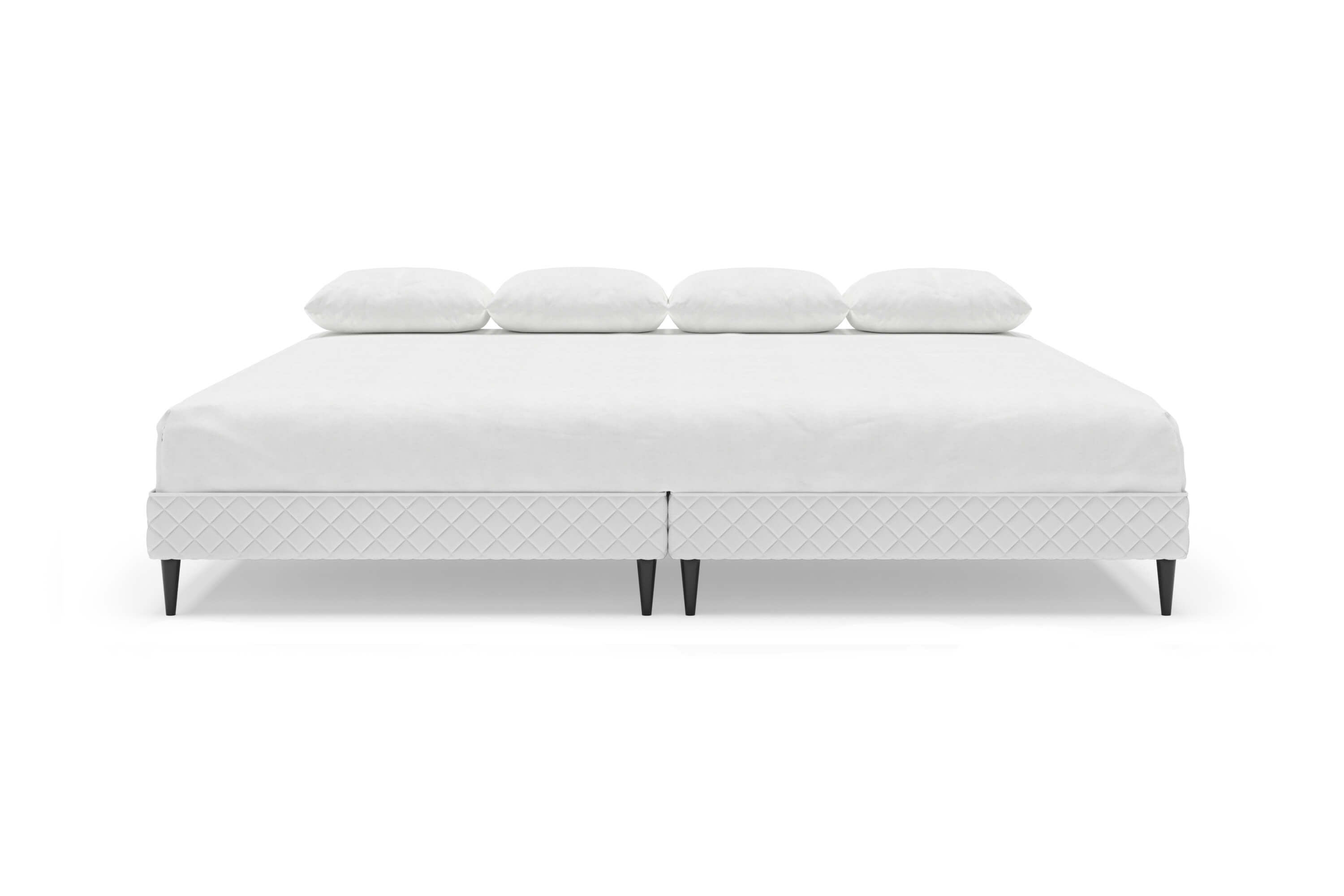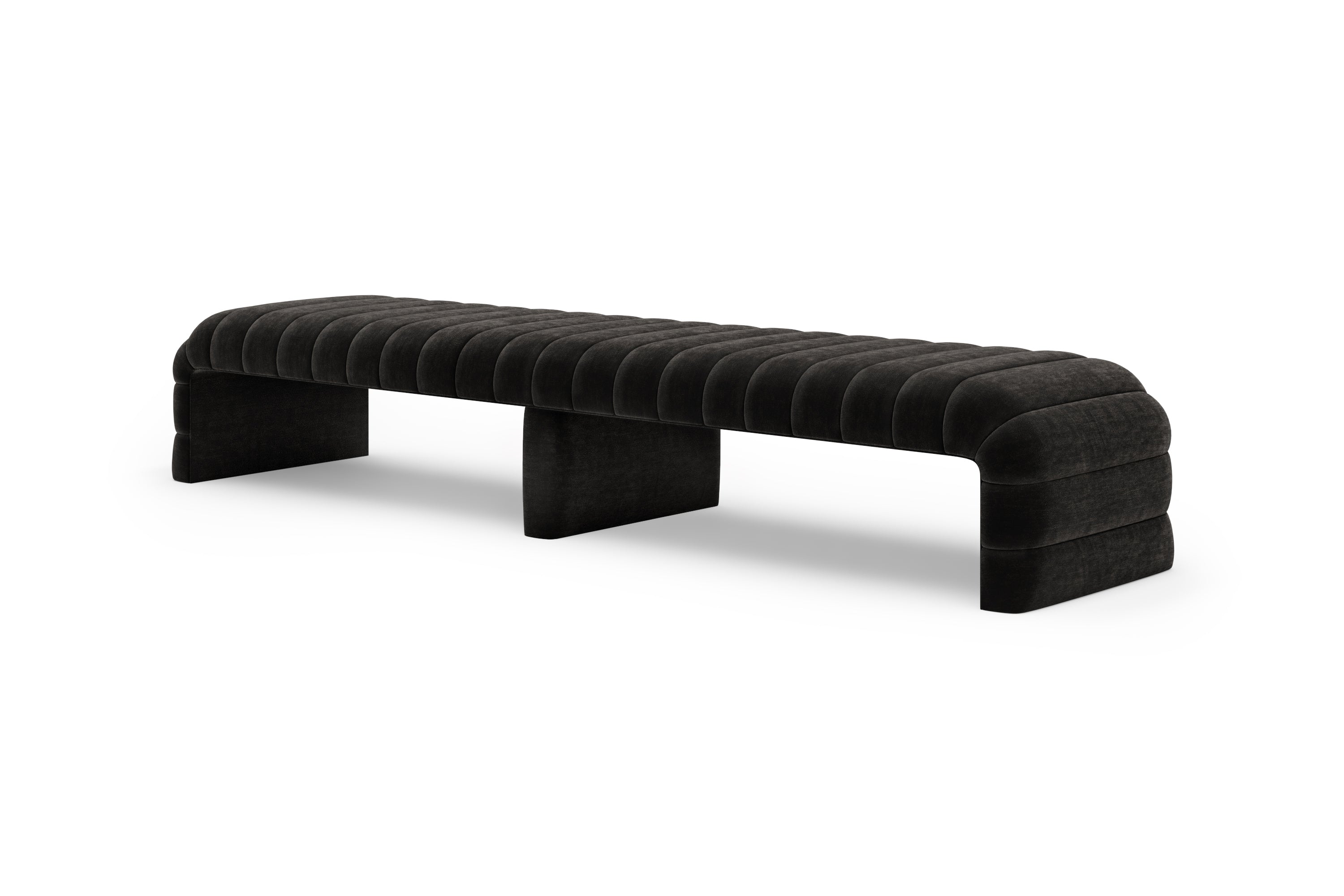Can Exercise Improve Sleep?
Everybody knows that exercise is good for you. It improves many aspects of your physical health and is crucial to your well-being and longevity. In addition, it seems like regular activity can improve sleep.
This relationship is not one-sided. Better sleep also contributes to more activity, as lack of proper rest can lead to fatigue and sluggishness, impacting your desire to exercise the following day.
So, how exactly does exercise improve sleep, and how can you maximize your rest?
How Does Exercise Benefit Sleep?
According to the CDC, adults need seven or more hours of sleep every night for optimal health and performance. However, 1 in 3 Americans fails to get sufficient sleep, leading to an increased risk of diabetes, weight gain, heart disease, depression, and other health conditions.
One of the recommendations for better sleep is to be more active during the day. Here is how it can help.
Regular Exercise Helps You Fall Asleep Faster
Many people struggle to fall asleep. They lay wide awake for hours, trying everything they can night after night to doze off faster. Although the problem can be temporary, due to stress or other factors, the inability to fall asleep is also the number one symptom of sleep-onset insomnia.
Studies examining the relationship between aerobic exercise and insomnia discovered that regular activity helps people fall asleep faster and increases the quality of their nightly rest. In fact, this study showed a 39% decrease in the time needed to fall asleep and a 26% longer total sleep time.
So, exercise can be an excellent way to fall asleep faster and boost sleep quality.
Exercise Increases the Amount of Slow-Wave Sleep
Your body experiences a normal pressure to sleep that increases throughout the day and reaches its maximum in the evening. This phenomenon is also known as the homeostatic sleep drive, and every time you sleep, it resets and increases steadily until the next night. Some things like physical exercise increase your pressure to sleep, resulting in better rest at night.
Our sleep consists of light, deep, and REM sleep. Studies show that regular exercise increases our slow-wave or deep sleep, which is vital for the regeneration of our brain and body. Deep sleep is crucial for mental health, immune system, muscle repair, metabolism, hormonal balance, and other aspects of your well-being.
So, exercising regularly can help you get enough deep sleep and feel energized in the morning.
Exercise Helps You Regulate Body Temperature
During exercise, our body temperature increases significantly. Even after finishing, you remain warmed up for some time. However, once the effects wear off, the temperature drops, which is one of the important factors for better sleep.
Researchers have suggested that a drop in core body temperature is responsible for the feelings of sleepiness. So, this body temperature drop after exercising should make it easier to fall asleep.
In addition, the lower temperature facilitates entering deeper stages of sleep, which may improve sleep quality. That’s one of the reasons why experts suggest lowering your bedroom temperature, as it creates a better environment for sleep.
Activity Decreases Anxiety and Depression
People struggling with anxiety and depression often have trouble getting enough sleep. The opposite is true as well, and people who fail to get sufficient rest often feel their mental health deteriorating.
Exercise stimulates the release of endorphins. These hormones are vital for our well-being, and they can help mitigate the effects of stress, anxiety, and depression. So, by staying active, you’ll feel better, which should help you fall asleep faster.
Exercise Helps Realign Your Internal Body Clock
Almost all organisms on Earth have evolved to follow a 24-hour rhythm dictated by our planet’s rotation. Because of that, humans and other animals have developed unique internal clocks that help us fulfill our needs. That way, your brain knows that dark means it’s time to wind down and rest, while daytime implies activity.
However, some people experience sleep problems because their inner clock is misaligned. As a result, they may feel tired later at night, disrupting their normal rhythms.
Exercising in the morning gives a clear signal to your brain that it’s time to be awake and active. In addition, if you do it outside, it can help your internal clock realign, resulting in better sleep.
How Much Exercise Is Enough for Better Sleep?
According to the CDC, you need 150 minutes of moderate-intensity activity per week to experience health benefits. So, doing as little as brisk walking for 30 minutes each day can get you over the requirement and improve your sleep.
It appears that moderate activity is better than intensive exercise, so you can try swimming, walking, cycling, hiking, or gardening. Even if you can’t make the entire 150 minutes, some activity is better than none.
When to Exercise for Better Sleep?
Some experts don’t recommend exercising in the last three hours before bedtime because the activity can raise your body temperature, making it harder to fall asleep. In addition, your workout can stimulate the secretion of certain hormones, which can keep you awake.
However, some people are not affected by this and can exercise before bed without taking longer to fall asleep. The main idea is to listen to your body and see what works for you while incorporating activity into your schedule regularly.
Oversized Bed for Light Stretching
Many people benefit from incorporating yoga or light stretches in their bedtime routine. It’s good for your body and mind, and it puts you in a relaxing mood, which can help you fall asleep faster. Having a family-sized bed like the Alaskan king means you’ll always have a place to stretch, play family games, or cuddle with your loved ones. More importantly, you’ll always have a one-of-a-kind bed with unmatched comfort.
Take a look at our custom-built Alaskan king bed frames and mattresses, and discover the quality of our top-rated products.







